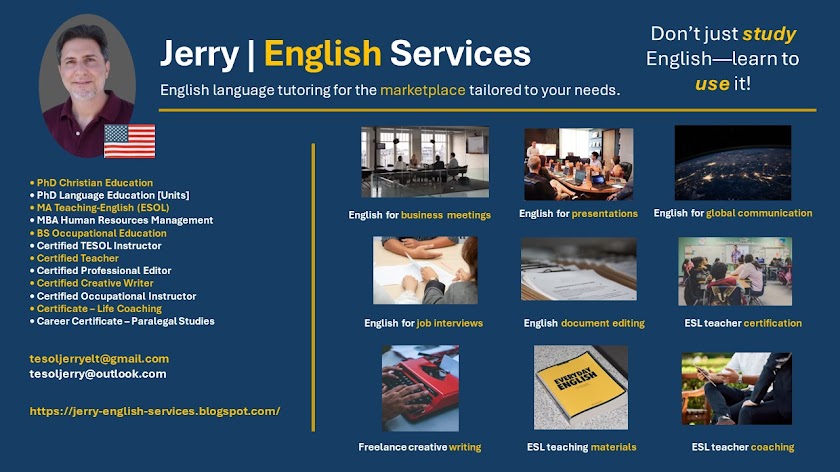You’ve just spent two hours working on your lesson targeting the use of the present perfect tense to describe travel experiences. You’re ready with handouts, multiple-choice questions, visual aids, and fill-in-the-blank exercises. Everything is timed perfectly. You know it will be a great lesson. And you’re determined to get through it.
Stepping into the classroom you see smiling faces on class members eager to develop their English skills. So, you begin with an overview of the present perfect verb tense. A few learners ask questions—but no problem, you’ve got this.
A little later you show your visual aid and a few more questions arise. But not everyone seems to be getting your explanations. As delays cut into your timetable you start getting flustered. You check the clock and notice you’re behind about 10 minutes.
Now things get more hectic. You finally get to the exercises and some people are having problems. You don’t understand why—you thought your lesson was well-prepared. You think, if they could just understand, they’ll learn something new about English. The end of class is coming fast and you still need to get to your handouts!
So, what do you do? You have to finish the lesson. You hurry through, blow through a couple of questions and quickly get to where you need to be. Meanwhile, your class members have befuddled looks on their faces because they’re waiting to use this new language.
You’ve finally finished the class and did indeed complete your lesson. After the students leave you congratulate yourself. Whew! I did it! Time to get ready for your next class . . .
Time to Change Perspectives
But, if we could go back in time, what would your students say? Perhaps, “Wow, our teacher was really focused—I was afraid to ask questions”? Looking at the lesson from their perspective, how did they benefit? True, they learned something about English, but did they gain skills to use the target language in authentic communication? Was English viewed as a subject to master or a language to use?
What Is the Goal of an ESL Lesson?
This raises the bigger question: Is finishing the lesson the real goal of an ESL teacher? Students come to us for specific language learning goals, united by the desire to be able to use English in a target language environment. Language points have useful purposes but that’s only part of the equation. What about learning to use English?
When the teacher focuses on the lesson instead of the learners, they’re more interested in “doing their job” than helping people. In that sense, learners become passive recipients of the lesson material, and the class nothing more than a subject class. But when the focus of the lesson is developing individual English language skills, we use the lesson to provide opportunities for students to use the language in engaging and meaningful ways.
Not a Subject but a Language
We tend to forget that people come to us wanting to learn how to use English, not just learn about it. They may have studied English for years, but they don’t know how to use it. For example, in the language lesson above, students can study the present perfect tense at home but need a chance to use it in meaningful interactions with others. As English language teachers, one of our main purposes is to provide these opportunities.
Flip the Script
When preparing a lesson, ask yourself:
● Will the learners develop their communication skills also?
● Will they have opportunities to exchange their experiences?
● Will they have opportunities to talk to each other, to you?
● Will they have opportunities for feedback from the teacher after using the target language?
Instead of focusing on presenting structure and creating materials, provide opportunities for the students to interact and share their own experiences through the target language. This is where mingling activities, pair work, and lessons focused on speaking can be so useful.
For example, at its simplest form, in the example above the teacher could have presented the present perfect verb tense on the board with blank spaces for the students to complete and share with their own experiences.
“I have never been to [place] but want to go,”
“I’ve wanted to try authentic [cultural food] for a long time,”
“What countries have you visited”
“Have you ever forgotten something important for a trip?”
“Have you seen any fantastic or popular sights?”
“Have you ever missed a plane?”
Final Thoughts
When you don’t finish the lesson, it isn’t a crime against TESOL! In fact, it may very well serve to facilitate more authentic interactions and foster a better understanding of a language point.
The next time you prepare a lesson, consider how the content can be used authentically by your class members. Then, take your time without stressing that you have to finish the lesson. Your class members will appreciate it.


No comments:
Post a Comment